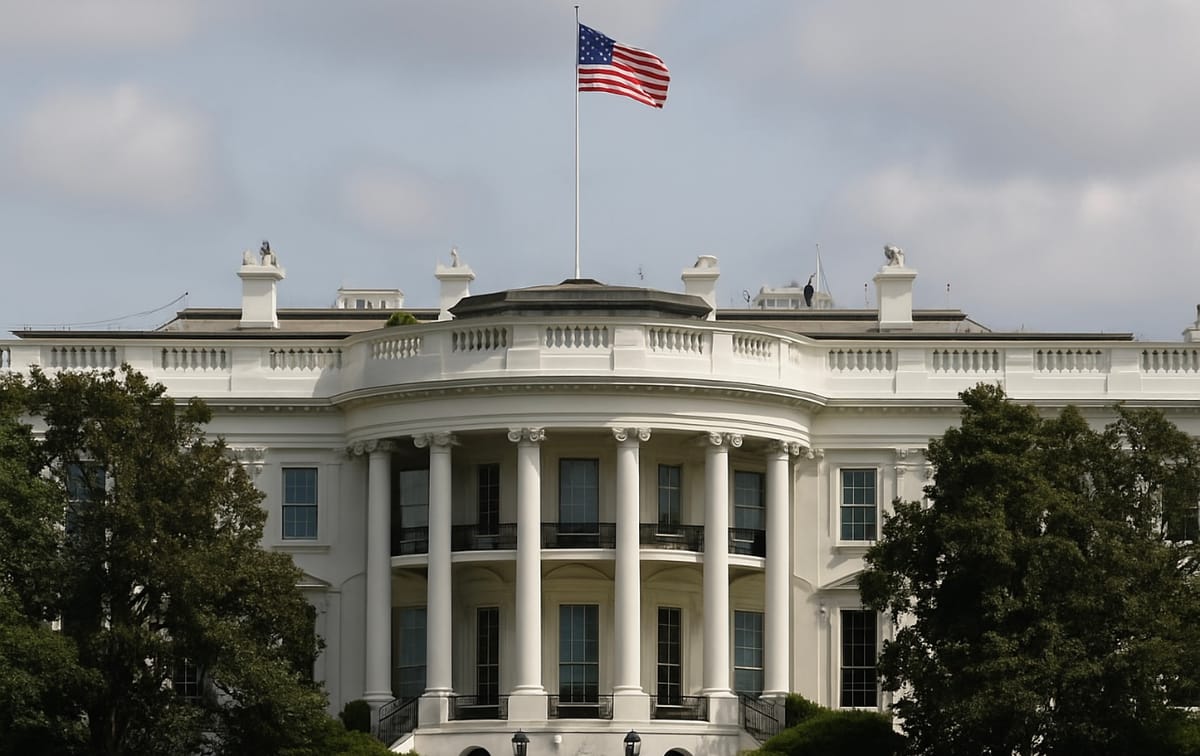Trump Bans Citizens of 12 Countries from Entering the US Starting June 9, 2025
Travel ban on citizens from 12 countries to the US starts June 9, 2025, Trump’s policy sparks global controversy and impact.

Trump Bans Citizens of 12 Countries from Entering the US, New Policy Shakes the World
President Donald Trump has once again captured global attention after signing an executive order that bans citizens from 12 countries from entering the United States. This controversial policy was announced on June 4, 2025, and officially takes effect on June 9, 2025. The main reason cited for this move is to safeguard US national security. However, many view this policy as a discriminatory action that echoes similar bans from Trump’s first term.
List of Affected Countries
This ban targets citizens from Afghanistan, Myanmar, Chad, Republic of Congo, Equatorial Guinea, Eritrea, Haiti, Iran, Libya, Somalia, Sudan, and Yemen. Additionally, partial restrictions apply to citizens from Burundi, Cuba, Laos, Sierra Leone, Togo, Turkmenistan, and Venezuela. President Trump emphasized that this policy is a direct response to recent domestic security incidents, particularly the firebomb attack in Boulder, Colorado, involving a foreign national whose visa had expired.
Reasons Behind Trump’s Policy
The US government claims the travel ban is aimed at protecting citizens from foreign threats. Trump insists this policy is not a form of religious discrimination, but rather an enforcement of national security standards. The White House also highlighted the failure of several countries to share intelligence and improve identity verification systems. More details on the White House policy can be found here.
Exemptions and Special Provisions
This ban does not apply to green card holders, visa holders issued before June 9, 2025, diplomats, athletes, and refugees who have already been granted asylum or are protected under the Convention Against Torture. The full list of exemptions can be found in the official documents published by the US government.
Global and Domestic Reactions
Domestically, the policy has drawn sharp criticism from human rights groups and veterans’ organizations, labeling it as divisive and particularly targeting Muslim-majority countries. Internationally, the African Union has expressed concern over the negative impact of the ban on educational exchange, commercial engagement, and broader diplomatic relations. Additionally, Trump has revoked the visas of international students planning to study at Harvard, a move seen as both retaliatory and a violation of First Amendment rights.
Historical Context and Potential Developments
This policy is a continuation of Trump’s earlier travel bans first implemented in 2017, commonly referred to as the “Muslim Ban,” which faced legal challenges but was eventually upheld by the Supreme Court in 2018. President Joe Biden revoked the ban on his first day in office in 2021. Trump’s administration stated the list of banned countries could expand if new threats emerge or be reduced if countries significantly improve their verification processes.
Impact on Indonesian Citizens
Indonesia is not included in the list of affected countries, meaning Indonesian citizens can still travel to the US under the usual visa requirements.





Comments ()